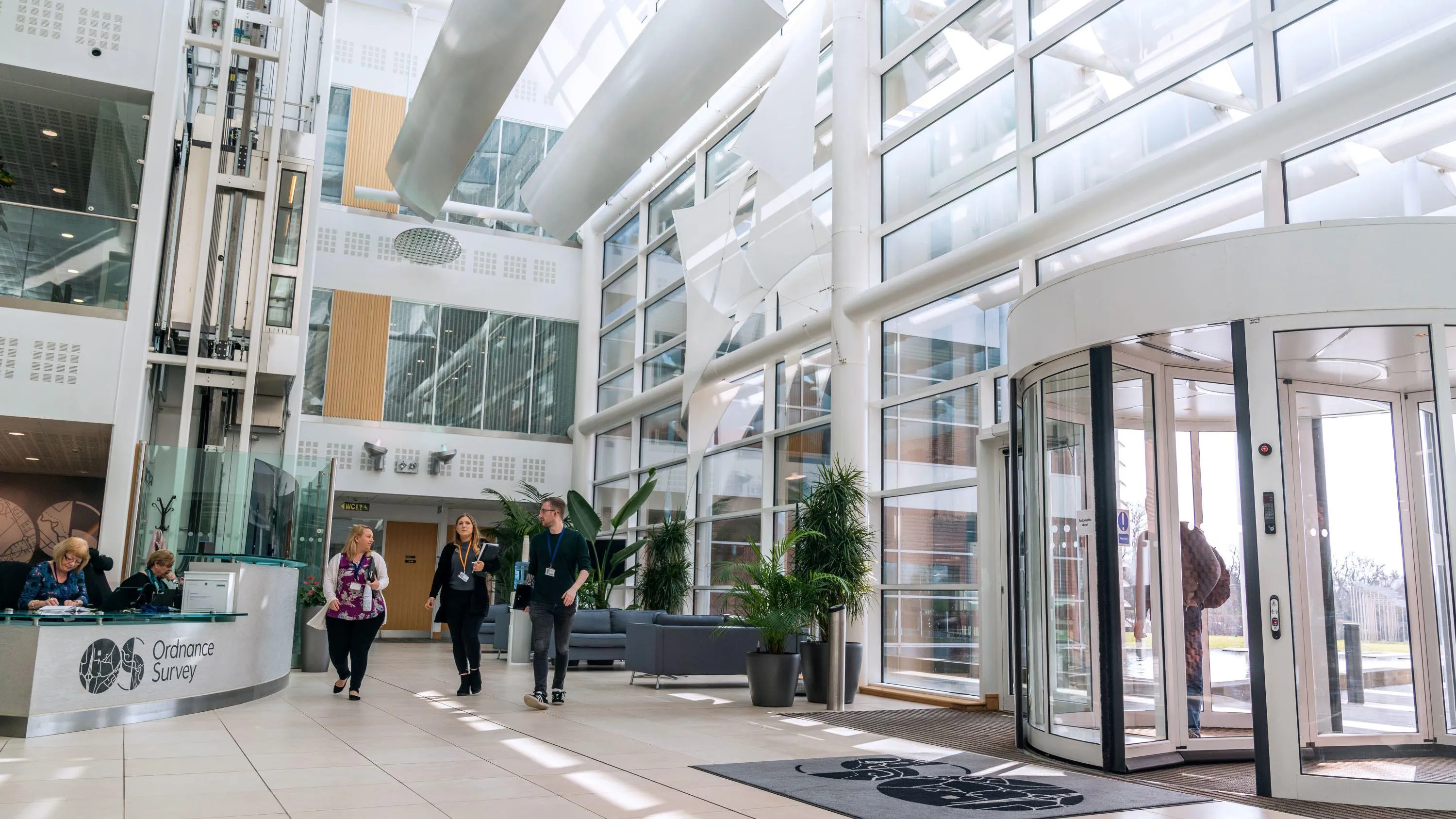Online interviews are becoming more frequent and can often be challenging even for the most seasoned interviewers. Try and treat online interviews the same as if you were coming to the office, with some additional considerations to make:
Check your connection
As with any interview, preparation is key. You’ll want to make sure your internet connection is working ok in advance of the interview. Try testing your connection beforehand to be sure.
Dress to impress
Your outfit should match what you would normally wear for a face-to-face interview. Smart casual is often fine but wear what makes you feel comfortable and confident.
Check your surroundings
Particularly if you’re interviewing while at home, ensure you can find a quiet space with no distractions to help best set you up to succeed.
Build rapport
Building a relationship virtually can be a challenge but demonstrating enthusiasm and a desire for the role, alongside ensuring you start to get to know the interviewers, as well as them getting to know you, is important.
Be yourself
Try and show off who you really are. This will help you feel more comfortable and ensure there is a mutual fit which are what interviews are all about.
Ask questions
Interviews are as much for you as the candidate, as they are for the interviewers. No question is a stupid question, and we want you to come away feeling like you’ve got all the information you need as well. Think about asking questions in relation to the role, the business, the team and the direction of travel.




